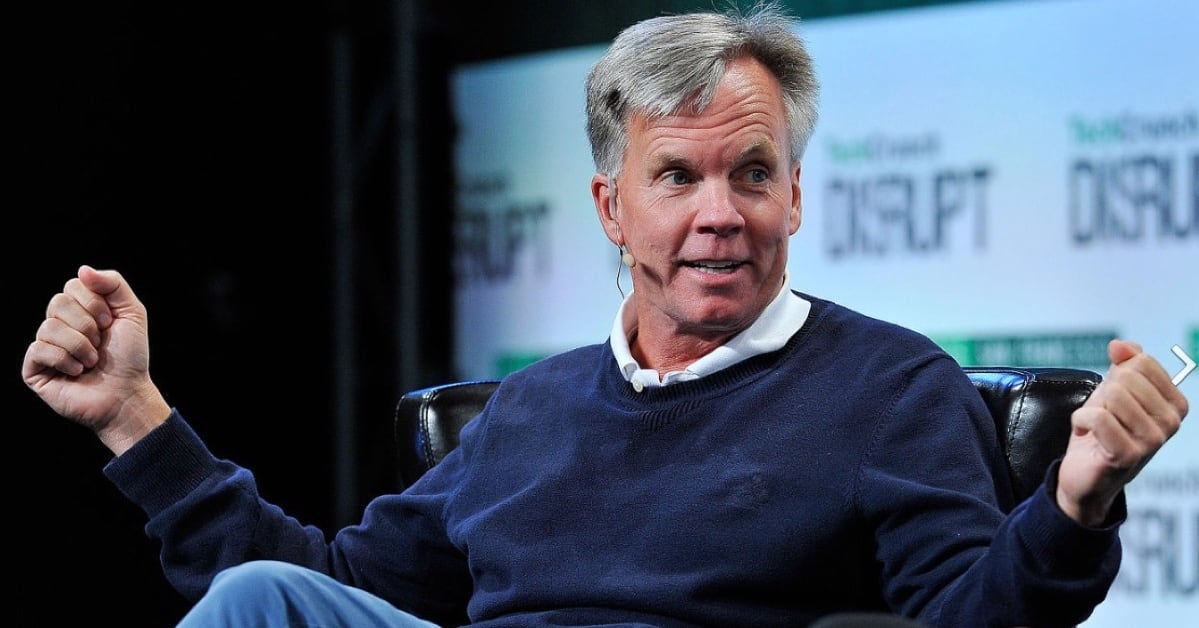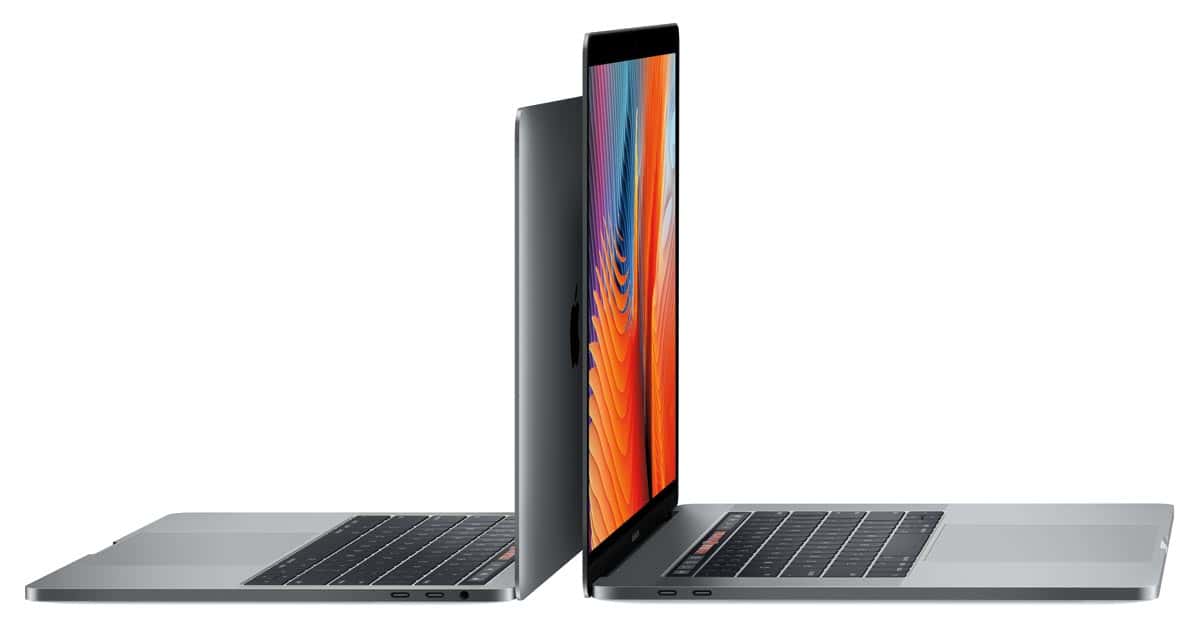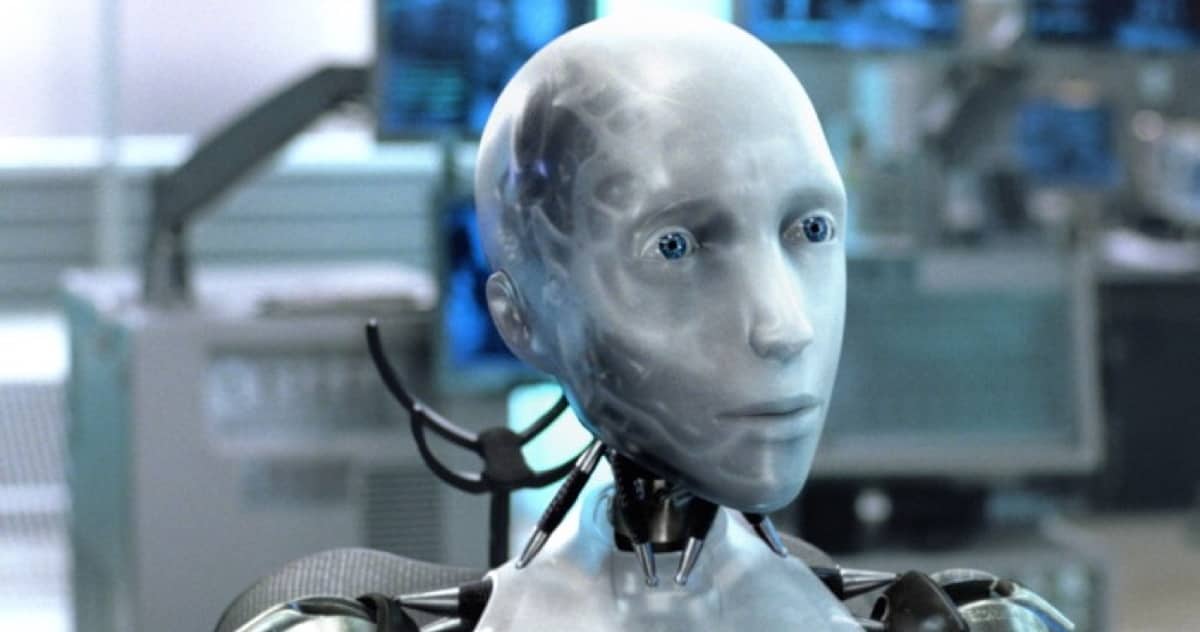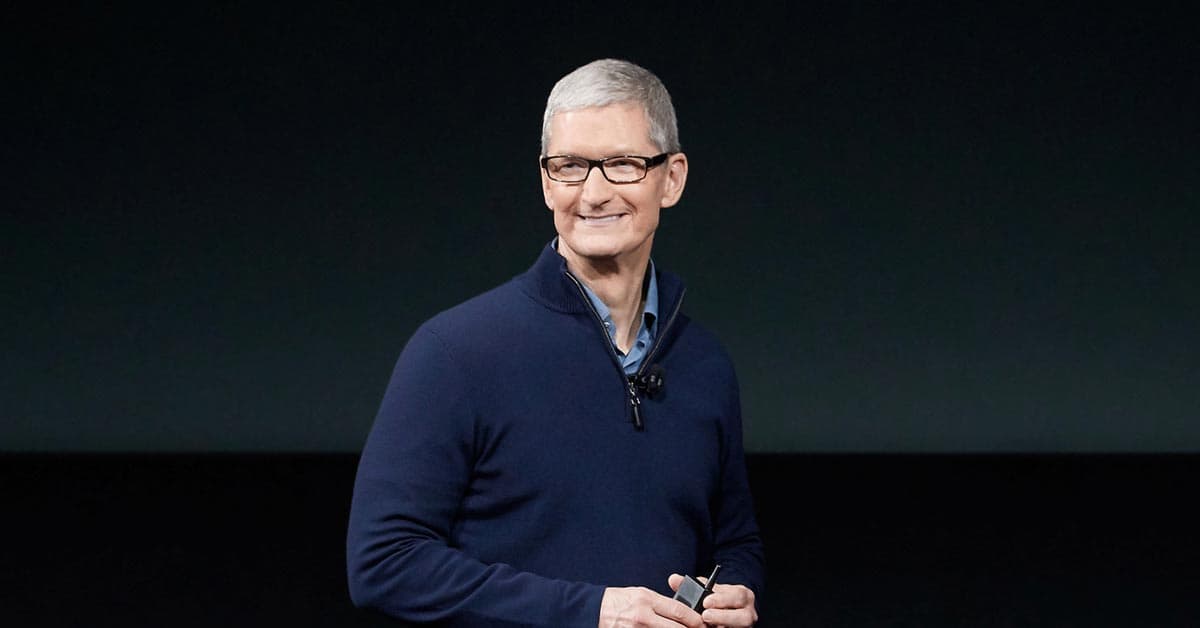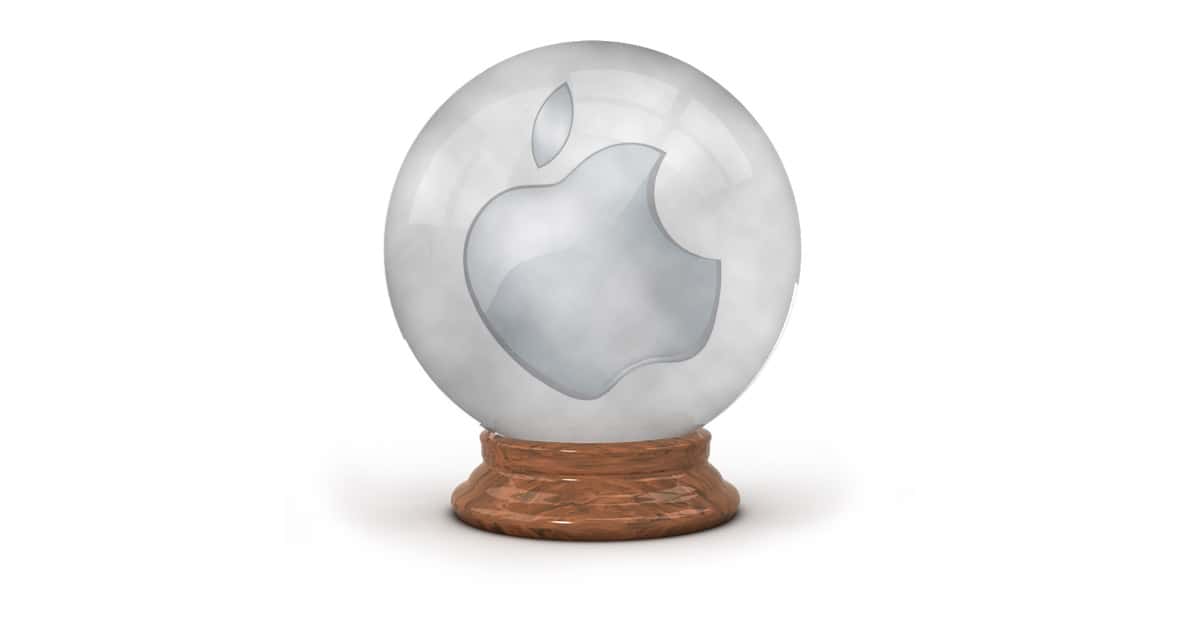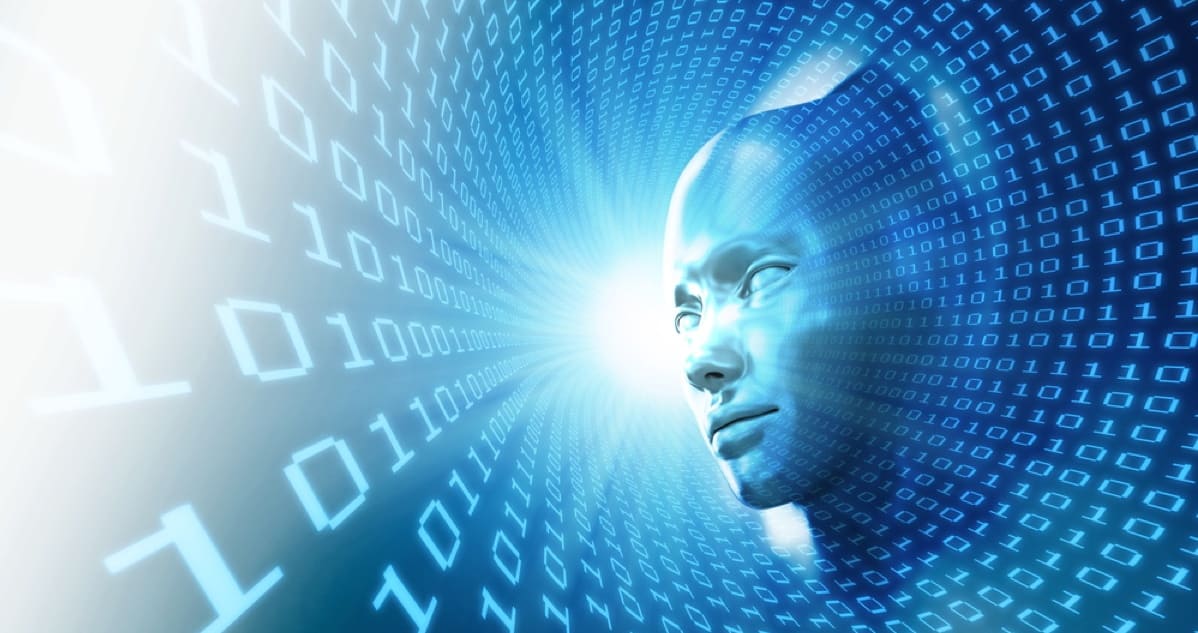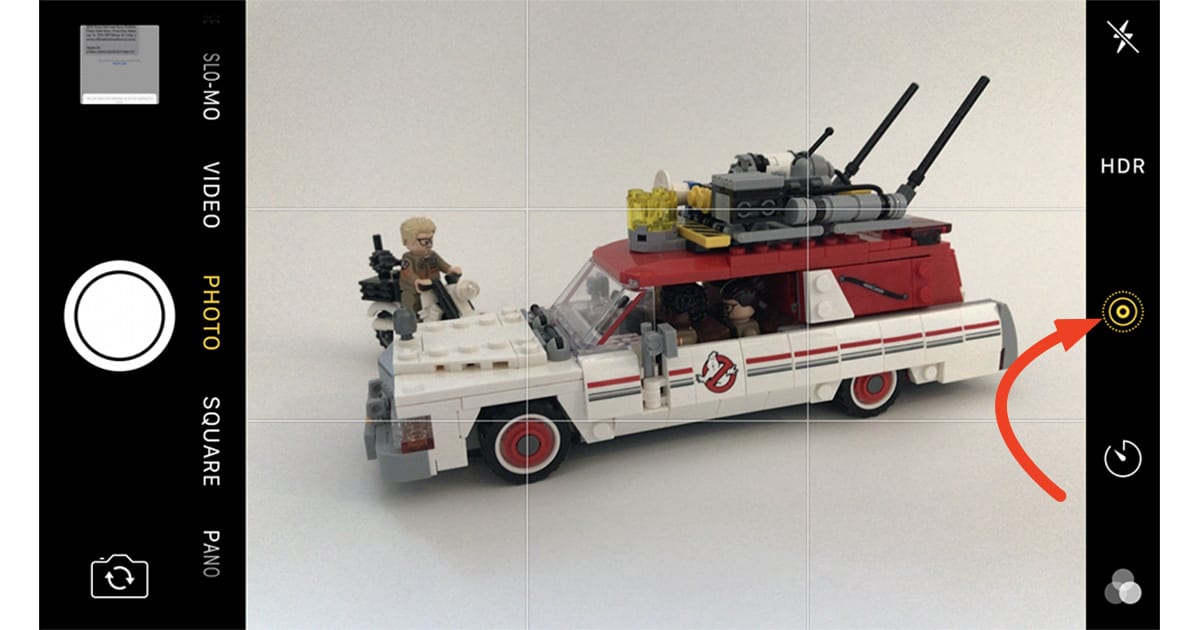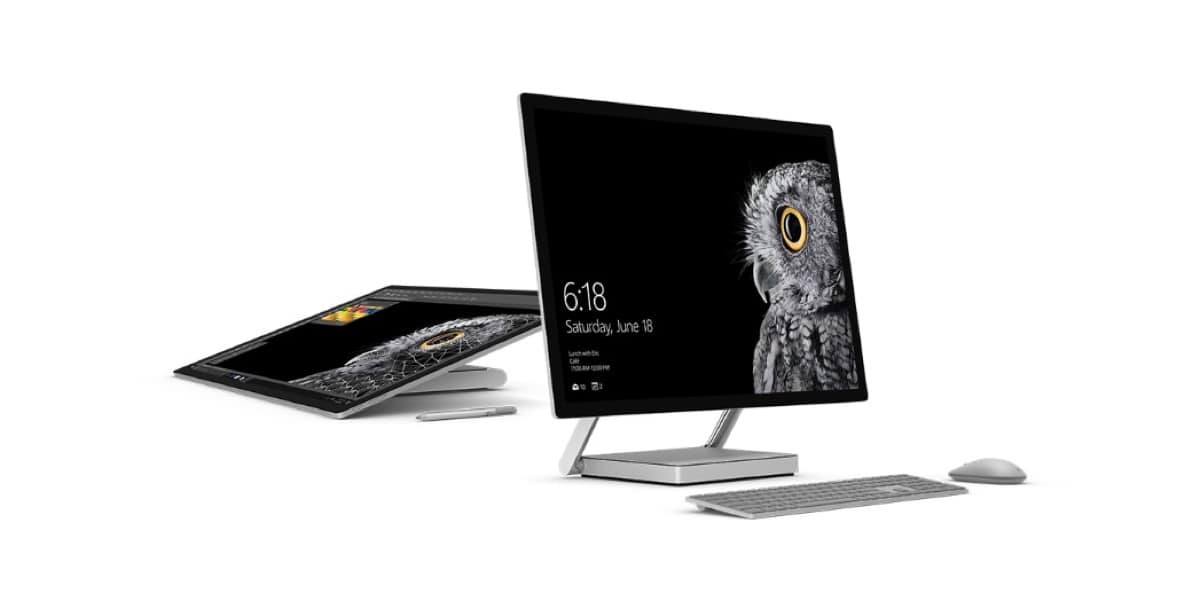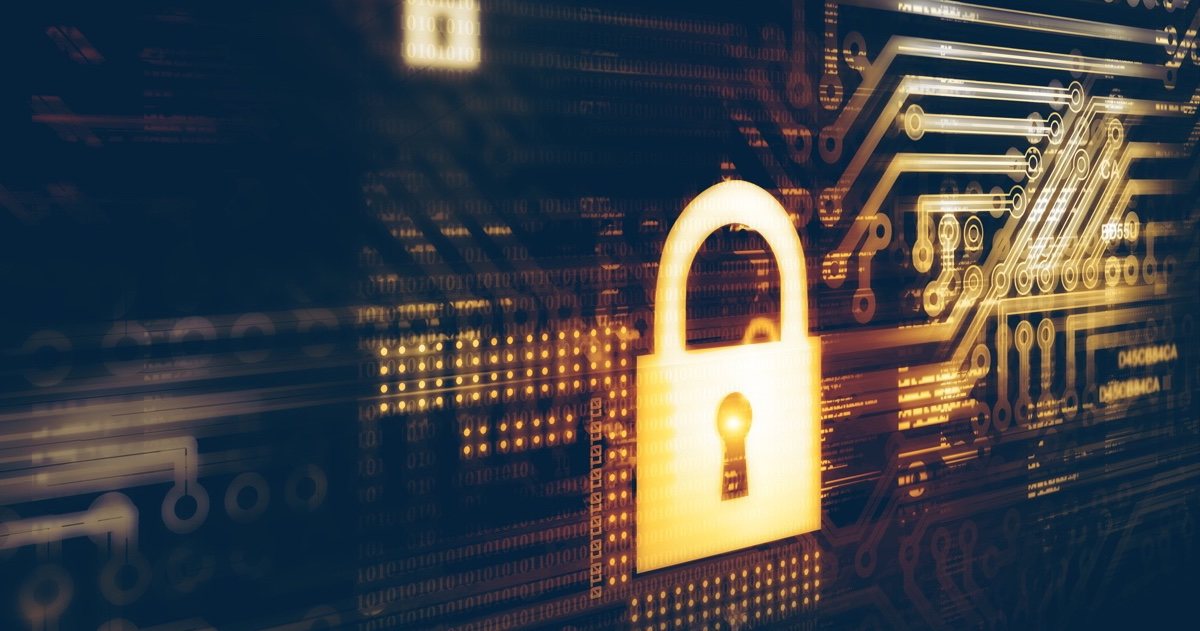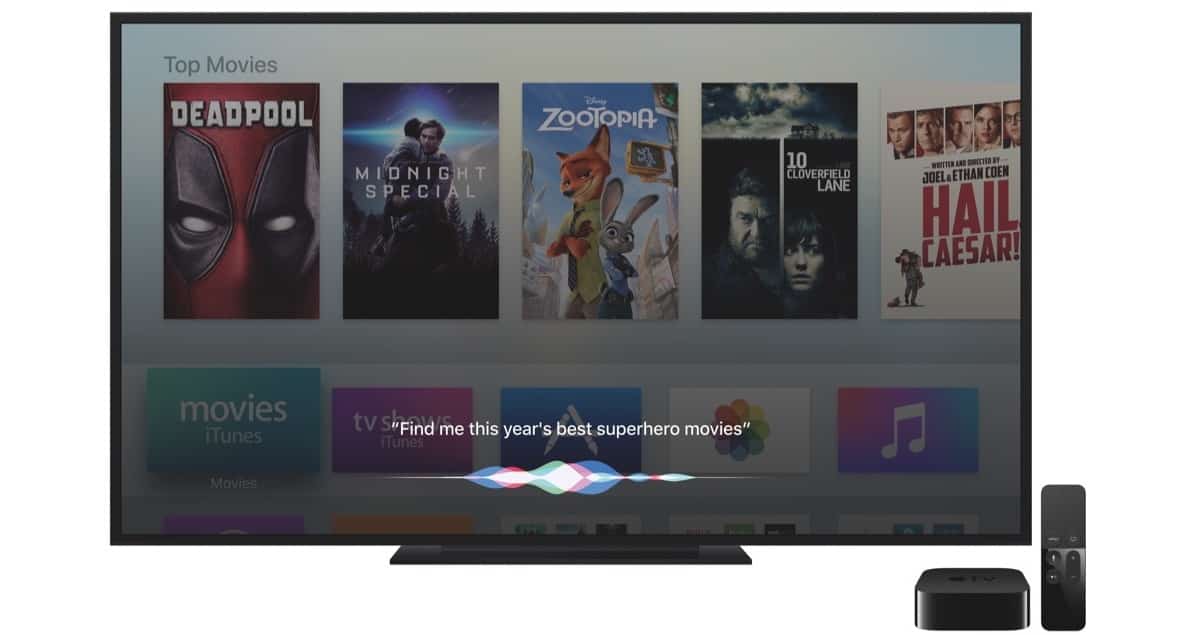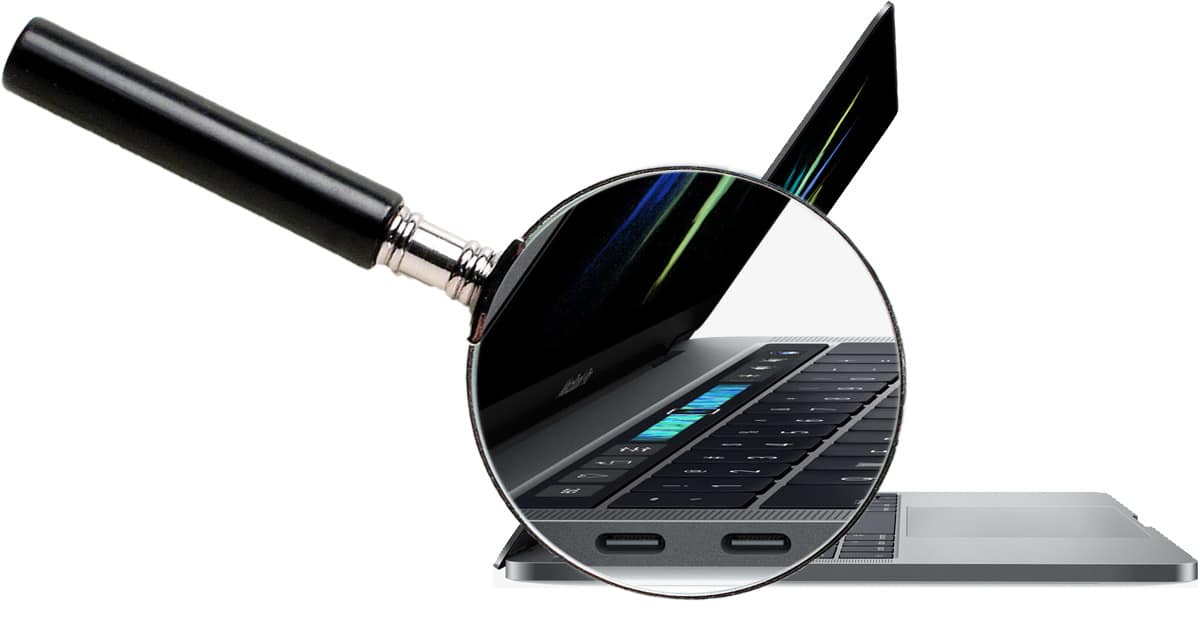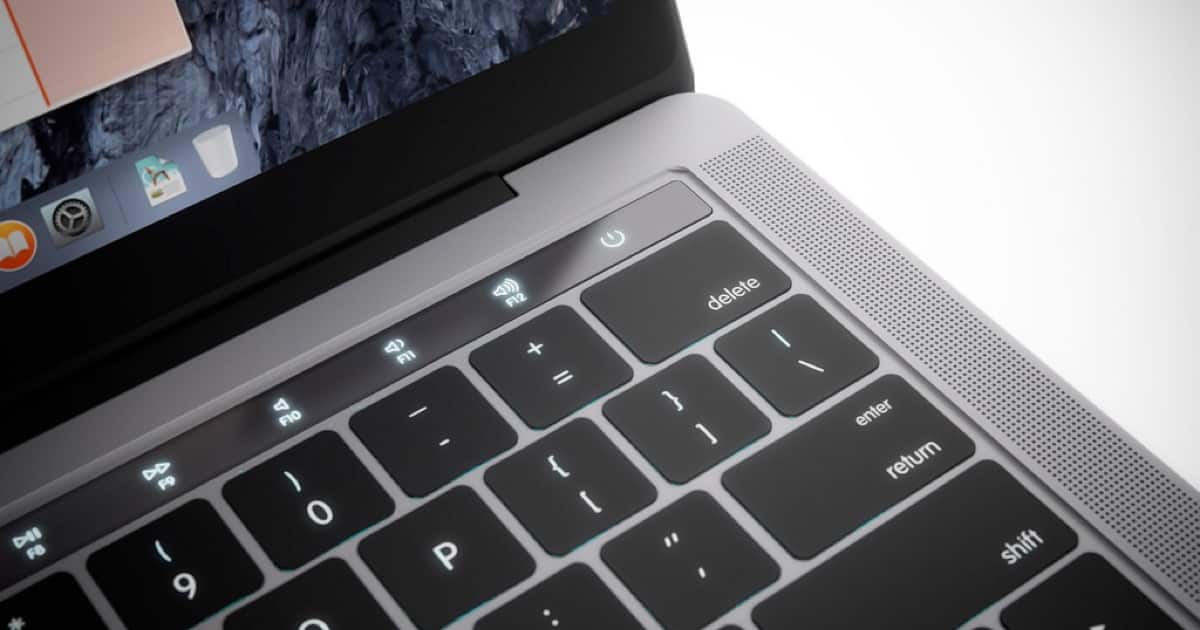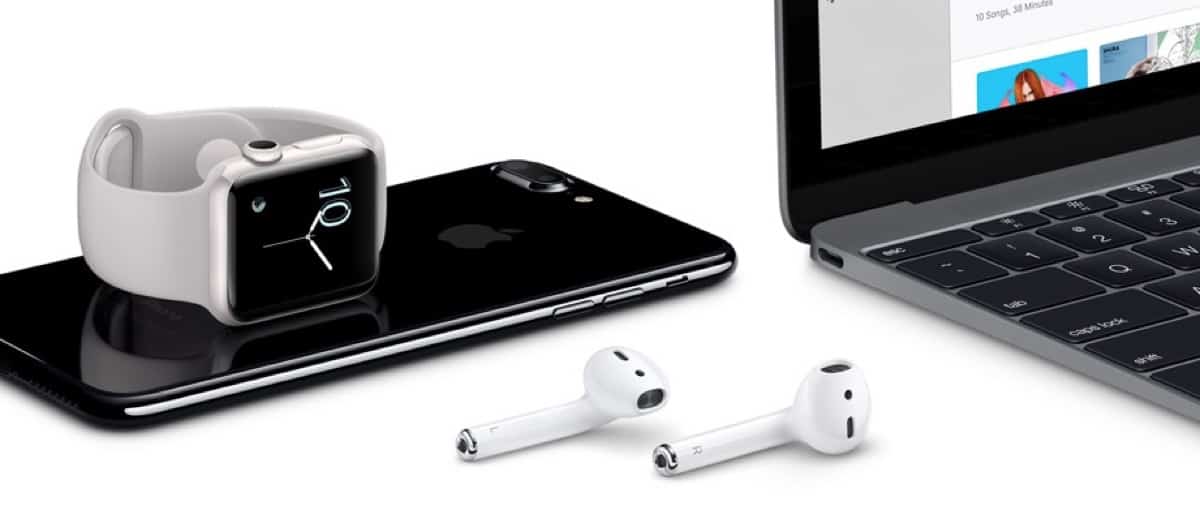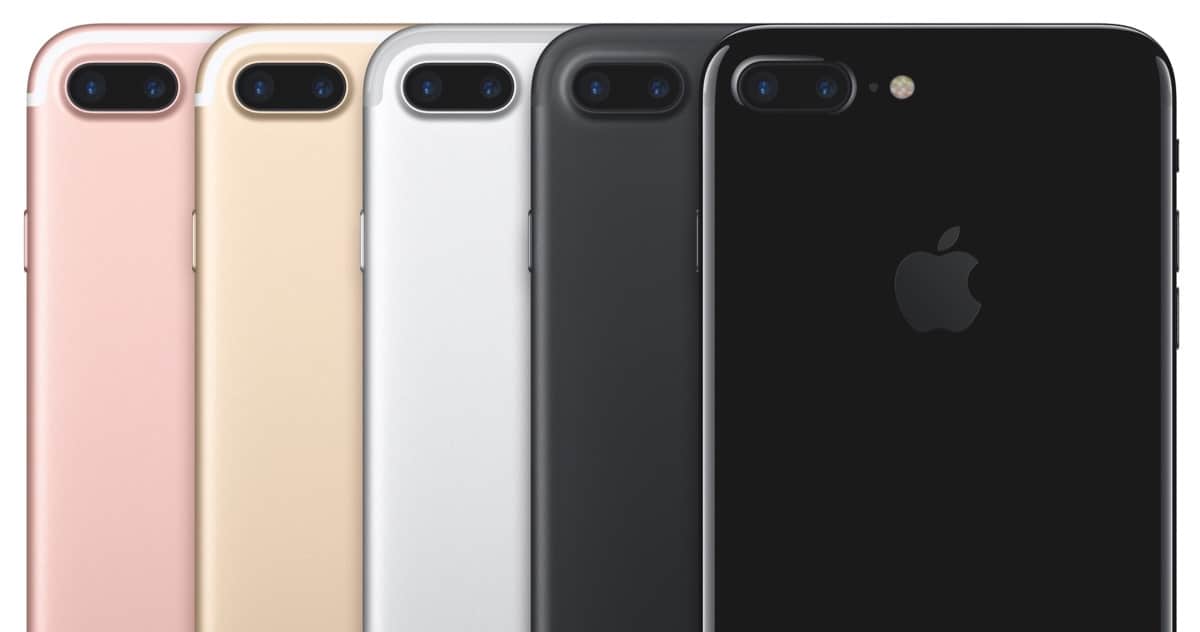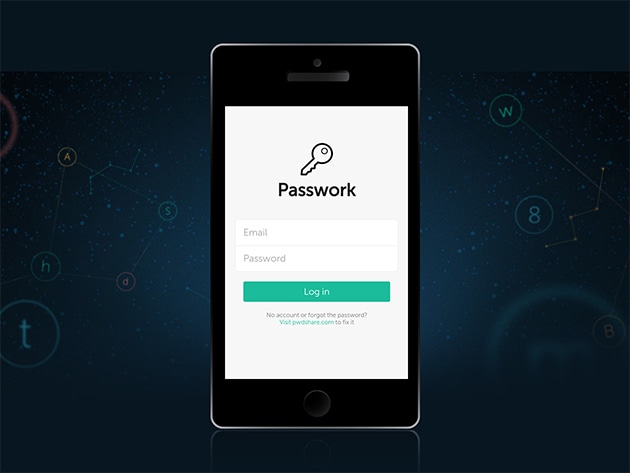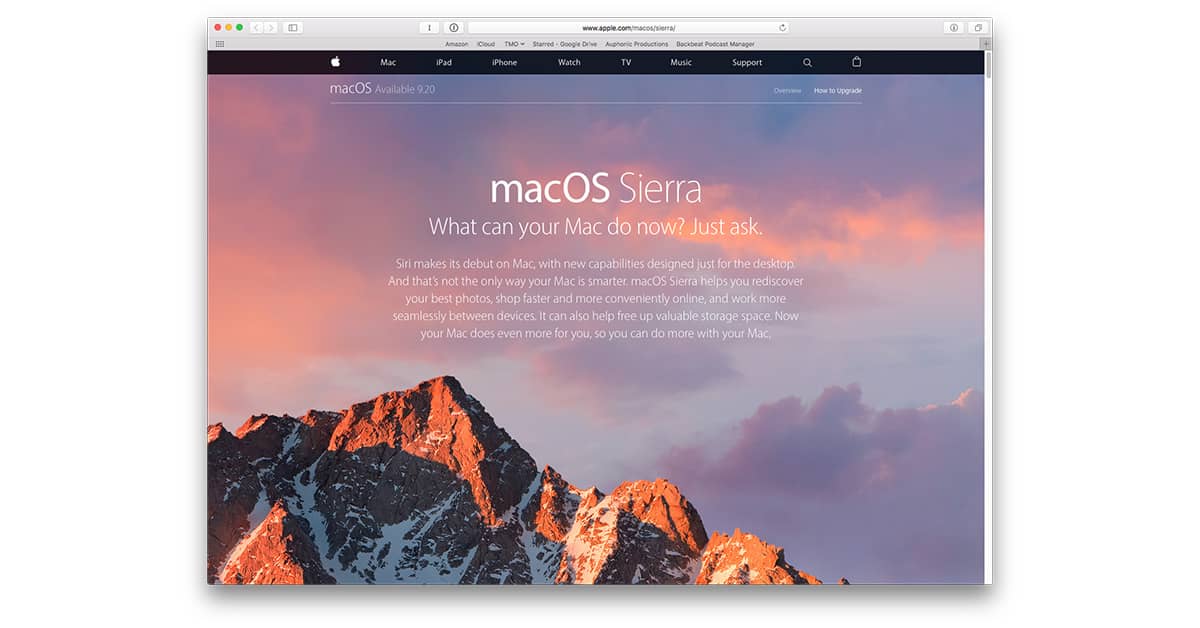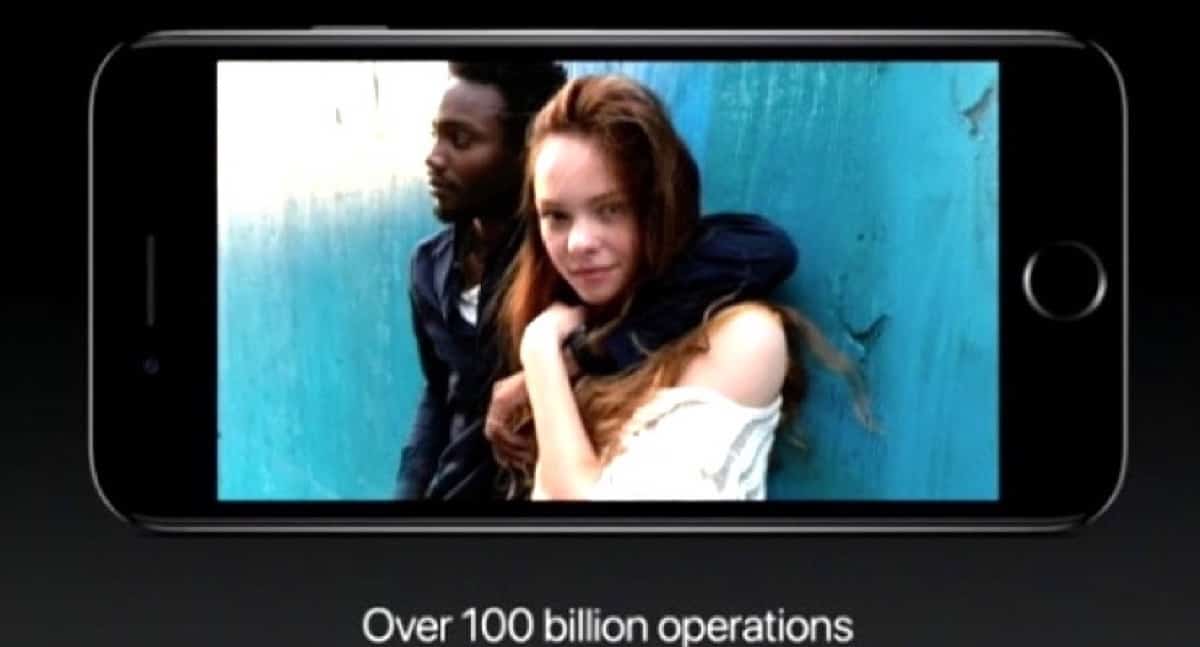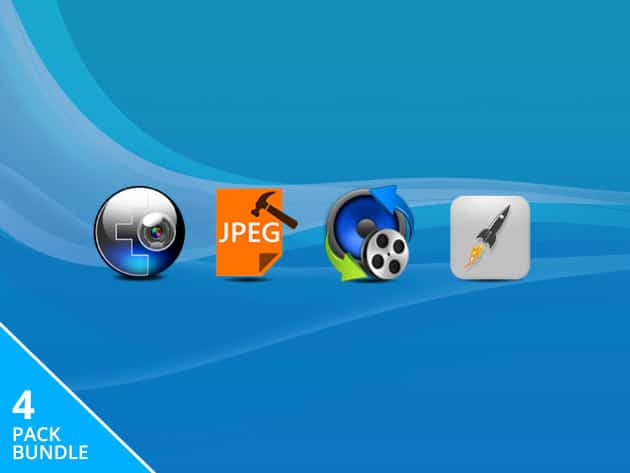Ron Johnson was the Apple VP of retail sales, and sales were booming. Then, in 2011, he took the offer to be the CEO of J.C. Penney. He tried to bring the modern concepts he learned at Apple to JCP, but “people there were entrenched and resist[ed] him.” He was let go in 2013. Now, J.C. Penney is going to close 140 stores. Did Mr. Johnson push JCP too hard, too fast? Can the company ever commit the resources it needs to go toe-to-toe with modern online retailers? Will JCP survive? It’s all in Particle Debris page 2.
TMO Link
Returning to U.S. With iPhone? What Are Your Rights?
When returning to the U.S. from travel, border agents may select you for various reasons for a more detailed questioning. Your smartphone may be requested. You may be asked to unlock it for agents to inspect. What are your rights in this case? Two interesting articles at The New York Times and ars technica go into considerable legal detail about what might happen if you refuse to cooperate. The links and more are on page 2 ofFridays Particle Debris.
Oodles of Money to be Made Confusing the Consumer
At least one TV maker collected and sold your viewing habits. The secure operation of a modern smartphone baffles many. Secret assaults on our systems are cloaked in deception. It’s a full-time job keeping up with the latest invasions of privacy. One way to perpetuate that process is to keep people busy with videos and fully distracted while staying under regulatory radar. Friday’s Particle Debris opens with Vizio’s collection of viewing data and continues with links on Oodles of Money to be Made Confusing the Consumer about how ignorant people are of browser tracking.
You Can Never Be Too Thin. Unless You’re a MacBook Pro
MacBook Pros have been getting thinner and thinner. From an aesthetic, handling, weight and evolutionary standpoint, thinner is better. However, when does an unhealthy obsession with thinness interfere with great engineering? Is a MacBook Pro that’s too thin get in the way of features, performance and adequate ports? Would two extra millimeters of thickness enhance battery life enough to make the pro customer smile with enthusiasm? When does the obsession stop? John elaborates on page 2 of Particle Debris.
Apple's Tortoise Races Amazon's Hare for Home Automation Dominance
Apple has chosen to take a steady, if slow, approach to home automation focusing on licensing, security, and no high-profile, fixed device like Amazon’s Echo & Dot. As a result, Reuters author Stephen Nellis observes: “Still, it’s not clear whether Apple’s elaborate but slow-to-develop system will have enough advantages to overcome Amazon’s widening lead.” The discussion starts on page 2 of Apples Tortoise Races Amazons Hare for Home Automation Dominance.
When Should a Robot just Say "No!"
Should there be occasions when advanced AI’s, especially robots or androids, refuse a command by a human being? Asimov’s Three Laws of Robotics (mostly) dictate the rules, assuming the robot has been programmed with that in mind. However, there are nuances worth further discussion, and they depend some very sophisticated, nuanced thinking (and predictions) by the robot. It’s all on page 2 of Particle Debris.
A Broad, Consensus Critique of Apple in 2016
At sixcolors, Jason Snell writes: “As we close the door on 2016, I thought it would be useful to look back at the year gone by and ask a panel of my peers who pay attention to Apple and related markets to take a moment and reflect on Apple’s performance in the past year.” What’s interesting about this report is that these are some of the most knowledgeable and enthusiastic writers covering Apple. And the consensus grades, except for the iPhone and Apple Watch, aren’t all that great. Check it out onA Broad, Consensus Critique of Apple in 2016
Asking the Important Questions About Apple for 2017
One can per into a crystal ball and try to predict what Apple will do in 2017. Or one can generate a wish list of things personally hoped for. Far better, however, is to ask some very astute questions about Apple going into 2017. Great questions are valuable guides for analysis as we go along. This is just what Neil Cybart has done. The discussion is on Asking the Important Questions About Apple for 2017 of last week’s Particle Debris.
The Artificial Intelligence Arms Race Is On
It’s easy to fall into the notion that Artificial Intelligence (AI) agents are intended only to speak to us, HAL 9000 style—to inform, analyze and guide via conversation. But today, AI agents are being used for many behind the scenes activities. For example, cancer research via IBM’s Watson, autonomous cars and better human language translations. As a result of the enormous impact AI can have, in the many forms of human interactions, “Google, Facebook, Apple, Amazon, Microsoft and the Chinese firm Baidu — have touched off an arms race for A.I.” There’s more discussion on page 2 of Particle Debris.
PSA: iOS 10.2 Sets Live Photo to Always On
Apple’s iOS 10.2 update for the iPhone, iPad, and iPod touch add new emojis and fix several bugs—and it also forces Live Photos to on by default. If you’d rather not go all Harry Potter with every photo it’s easy to change the Camera app’s behavior. Follow along with TMO’s tip to learn how.
Building Apple's Ecosystem and Milking the iPhone
What are the proper metrics for evaluating Tim Cook’s performance? Should he be graded as a product visionary? Should he be graded as a salesman for the Apple life? Neil Cybart argues that neither of these is correct. Instead, Tim Cook should be judged on how well he’s built up the Apple ecosystem with products and services. That necessarily means milking the iPhone for all it’s worth. Building Apple’s Ecosystem and Milking the iPhone has the discussion.
Apple's Brisk Moves to the Future Could Damage Important Revenues
Apple’s Mac business alone amounts to $23 billion annually. Jean-Louis Gassée reminds us that’s as much as the annual revenues of the Northrop Grumman Corp. That’s not something to take lightly. Also, a defocus from Apple branded displays and routers could simply drive customers into the arms of the competition in other closely related product areas. Even computers. Rene Ritche calls it the “Horn Effect.” Apple’s Brisk Moves to the Future Could Damage Important Revenues of Friday’s Particle Debris has the conversation.
The Surface Studio Reviews Have Arrived, and They're Very Positive
According to CNET, “Microsoft’s ambitious love letter to creative professionals is the touchscreen iMac of your dreams.” That’s the Surface Studio, and the reviews, which are now starting to appear in print, back up the original assessment that this is a beautiful, functional, innovative computer for creative professionals. While not perfect in the first version, it has the capacity to cause these professionals to take Microsoft much more seriously in this market than before. Page 2 of Particle Debris sizes up this challenge to Apple.
Why Absolutely Secure Encryption is Essential for a Free People
There’s a huge difference between a guaranteed secure communication and one that is feared to be compromised. In the former, people and governments are truly free to share and negotiate. In the latter, suspicion and fear color all conversations and stymie progress. And it always seems that encryption compromises to catch the bad guys end up being justified against political enemies as well. This article at The Guardian makes the case for absolute privacy, using WhatsApp. It does so in a very direct, compelling way in the context of international diplomacy. It’s all on page 2 of Particle Debris.
Apple's Hit and Miss Affair with TV
It almost seems that time has passed Apple by. Back in 2012, the 3rd gen Apple TV with 1080p support was a decent little set-top box. Since then, the TV industry has raced forward. Content providers have developed new delivery modes and strategies, and the broadcast and display technologies have advanced as well. Apple, however, seems to have frittered its time away and failed to advance its vision and its hardware. In fact, Yoni Heisler at BGR makes the case that Apple has no idea what it’s doing. The discussion is on Apple’s Hit and Miss Affair with TV.
The Secret Future for Apple's Touch Bar
Apple’s revolutionary Touch Bar on the new, 2016 MacBook Pros required a lot of engineering development. It uses an ARM sub-processor and a variation of watchOS. But most importantly, it forms the basis for a new system architecture, according to Apple SVP Phil Schiller. It could create things heretofore not even envisioned. Particle Debris page 2 points to an exclusive C|NET interview with Mr. Schiller who explains why it took four years to develop.
The Apple and Intel Affair. An Excedrin Headache
History will probably record that the delay in Apple’s 2016 MacBook Pro/Air involved the development of some new Apple technologies getting out of sync with Intel’s CPU/GPU roadmap. First, we know that Apple elected to skip a CPU generation, waiting for Skylake with Thunderbolt 3 support. Recently, a leaked Intel roadmap and some analysis of the integrated GPU cycle explains why Apple may have to wait again until 2018 for it’s next major refresh. Particle Debris page 2 explores Apple’s Intel headache.
Apple AirPods: a Strategy of Ambience and Scarcity
UBS financial analyst Steve Milunovich has presented an interesting theory about Apple’s Ambient strategy: “…different input/output methods that can be flexibly utilized depending on the situation (sitting, walking, running, driving). Collectively these devices offer the capability of earlier products … delivered as a seamless user experience.” In addition, the notion of created and evolving scarcity punctuates the Apple strategy. Apple AirPods: a Strategy of Ambience and Scarcity explains it.
The New Apple Echo Chamber Arriving Soon
Mark Gurman at Bloomberg is reporting that Apple is working on a smart home device, similar to the Amazon Echo, using the Siri voice assistant. Apple doesn’t have a vast product inventory to leverage from like Amazon, and other kinds of assistance depend on considerable, often creepy, personal information. So home automation seems to be Apple’s angle. Will that approach work? Page 2 of Friday’s Particle Debris explores.
Apple's iPhone 7 Invitation Refused by Bloggers
Apple engages in relentless technical progress. But when the iPhone 7 design was leaked, many bloggers blinked, then seized the opportunity for rabble-rousing. It’s turning into a rinse-repeat cycle by the pundit sheep. Particle Debris page 2 takes a look at analysis by Jean-Louis Gassée who properly sizes up Apple’s invitation: “We’re going wireless, please join us.“
Passwork 5-Year Subscription: $27
We have a deal for you today on a 5-year subscription to Passwork, a cloud-based password manager service. Passwork uses AES-256 encryption, and is designed with group and corporate management in mind. You can get this 5-year subscription for $27 through our deal.
The Complete Guide to a Clean Install of macOS Sierra
Apple’s macOS Sierra launches on September 20th. Last year. John wrote a detailed article on how to do a clean install of OS X El Capitan. That is, if one were highly motivated to do an awful lot of work. The article applies equally to a clean install of macOS Sierra this year. If John couldn’t talk you out of it and a clean install is what you really want to do with Sierra, here’s a link to his 2015 tutorial so you can make a decision.
Mobility is Driving Computational Evolution of Apple Products
The computational demands placed on a mobile device, like an iPhone, are staggering. The iPhone 7 camera system performs 100 billion operations on each photo in 25 milliseconds. Plus, strong, fast encryption, facial recognition and fingerprint recognition, to name a few, are technologies that haven’t been paramount on the desktop or notebook. Could it be that Apple’s extreme focus on mobile computation is causing traditional products to take more of a back seat? John ponders onMobility is Driving Computational Evolution of Apple Products.
Stellar Data Utility Bundle for Mac: $49.99
We have a bundle for you today on four Mac utilities from Stellar: Stellar Phoenix Photo Recovery, Stellar Phoenix JPEG Repair, Stellar Audio Video Converter, and Stellar Speedup. Combined, they retail for $153.97, but they’re $49.99 through our deal. You can find details on each app in the deal listing.
